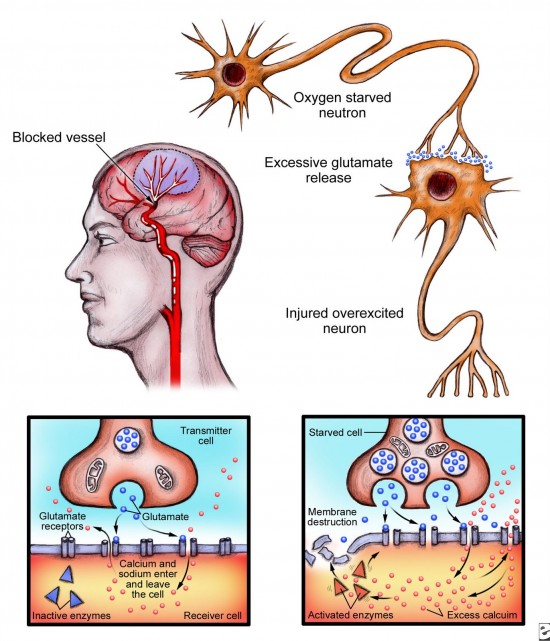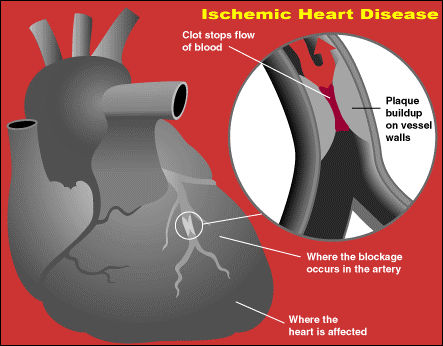3. Lower respiratory infections
3.46 millions of deaths.
6.1% of deaths.
The lower respiratory tract is that the a part of the respiratory tract below the vocal cords. whereas typically used as a synonym for pneumonia, the rubric of lower respiratory tract infection also can be applied to different kinds of infection as well as lung abscess and acute bronchitis. Symptoms embody shortness of breath, weakness, high fever, coughing and fatigue.
Lower respiratory tract infections place a substantial strain on the health budget and are typically a lot of serious than higher respiratory infections. Since 1993 there has been a small reduction within the total range of deaths from lower respiratory tract infection. but in 2002 they were still the leading explanation for deaths among all infectious diseases, and that they accounted for three.9 million deaths worldwide and six.9% of all deaths that year
2. Stroke and other cerebrovascular disease
6.15 millions of deaths.
10.8% of deaths.
Cerebrovascular disease could be a cluster of brain dysfunctions associated with disease of the blood vessels supplying the brain. Hypertension is that the most vital cause; it damages the blood vessel lining, endothelium, exposing the underlying collagen where platelets mixture to initiate a repairing method that isn’t continually complete and ideal. Sustained hypertension permanently changes the design of the blood vessels creating them slim, stiff, deformed, uneven and a lot of liable to fluctuations in blood pressure.
A fall in blood pressure throughout sleep will then result in a marked reduction in blood flow within the narrowed blood vessels inflicting ischemic stroke within the morning. Conversely, a sudden rise in blood pressure attributable to excitation throughout the daytime will cause tearing of the blood vessels leading to intracranial hemorrhage. Cerebrovascular disease primarily affects those who are elderly or have a history of diabetes, smoking, or ischemic heart disease. The results of cerebrovascular disease will embrace a stroke, or sometimes a hemorrhagic stroke. Ischemia or different blood vessel dysfunctions will have an effect on the person throughout a cerebrovascular accident.
1. Ischaemic heart disease
7.25 millions of deaths.
12.8% of deaths.
Ischemic heart disease, conjointly referred to as myocardial ischemia, could be a condition of the center where the center muscles are broken or don’t work as efficiently thanks to a reduced blood offer to the center. The decreased blood flow is most frequently caused by narrowing of the coronary arteries, a condition referred to as atherosclerosis. the danger of obtaining this disease will increase with age, and is additional prevalent among smokers than non-smokers. conjointly in danger are individuals with diabetes, high blood cholesterol levels, high blood pressure and people who have family history of the disease.





